We’re going back to basics on Protect My Ministry this week. Our goal today is explaining some of the basic laws of background checks and what employees need to know about how ministries and their chosen screening agencies should be protecting their credit information.
Who We Are
By law, a company is a Consumer Reporting Agency (CRA) if it assembles and evaluates consumer report information and provides those reports to third parties, for monetary purposes. Therefore, any business that uses consumer reports for employment and staffing verification purposes has to comply with the Fair Credit Reporting Act (FCRA). Protect My Ministry is a CRA and must follow the letter of the FCRA law.
However, when most people think of the FCRA they think more along the lines of credit reporting and consumer protection. A CRA, in the eyes of the Federal Trade Commission (FTC), whether reporting credit or personal information for other purposes, such as employment, is one in the same – meaning the methods by which one can dispute the accuracy of that information is also the same. Failing to implement any of the accuracy, dispute, or other safeguards required by the law could harm applicant reputations and employment prospects.
Credit Information
These headlines have previously rippled among Fair Credit Reporting Act insiders, attorneys and privacy watchdogs:
•Law360.com writes – $18M Equifax Verdict Will Send Consumers Rushing To Court
•Mississippi-based Kittel Law Firm exclaims – WOW!!! Huge verdict against Equifax!!!
•Privacy Times discusses Trans Union’s Losing Streak
These verdicts to award millions of dollars to individual victims of credit report fraud will have lasting implications on your credit protection. They will also serve as a reminder to credit bureaus that they must take seriously complaints or concerns about identity theft, or they may have to pay a hefty price for their ignorance.
But what is credit protection and how is it enforced? Let’s take a look.
FCRA Basics
According to the FTC, “The Fair Credit Reporting Act (FCRA) helps ensure the accuracy, fairness, and privacy of the information provided by consumer reporting agencies. The FCRA also holds consumer reporting agencies and the creditors that provide the information in your credit report responsible for correcting inaccurate or incomplete information in your report.”
In other words, Protect My Ministry has protocols and safeguards in place to help us stay in compliance with the FCRA. If any of your personal information relating to your credit data and/or credit report is inaccurate, compromised and somehow used against you, the FCRA protects you and your financial interests. This is important because your credit history – which is collected, compiled and stored by CRAs (sometimes called credit bureaus) – may be used by employers, landlords, utilities, courts, banks, creditors and other financial institutions to make decisions about your credibility and reliability. Other examples of CRAs include specialty agencies that sell information about check writing histories, medical records, and rental history records.
The FCRA originally popped up in 1970 around the same time as the Consumer Credit Protection Act. These bills set guidelines for employers to protect employees, mainstreaming an official process for what we now call background screening.
The FTC states that the FCRA provides you certain rights when it comes to your credit. Here’s a summary:
•You must be told if information in your file has been used against you
•You have the right to know what is in your file (you can request a free credit report every 12 months from each nationwide credit bureau and from nationwide specialty consumer reporting agencies).
•You have the right to ask for a credit score.
•You must give your consent for reports to be provided to employers.
•You may limit “prescreened” offers of credit and insurance you get based on information in your credit report.
•You may seek damages from violators.
Reach Out
This is a lot to digest. We get it. If you have questions about the FCRA and your credit protection, please let us know. If we don’t know the answer right away, we’ll find it for you.
But the biggest piece of advice we can give is to be an active participant in your credit history. You will be better prepared for your next background screening.
